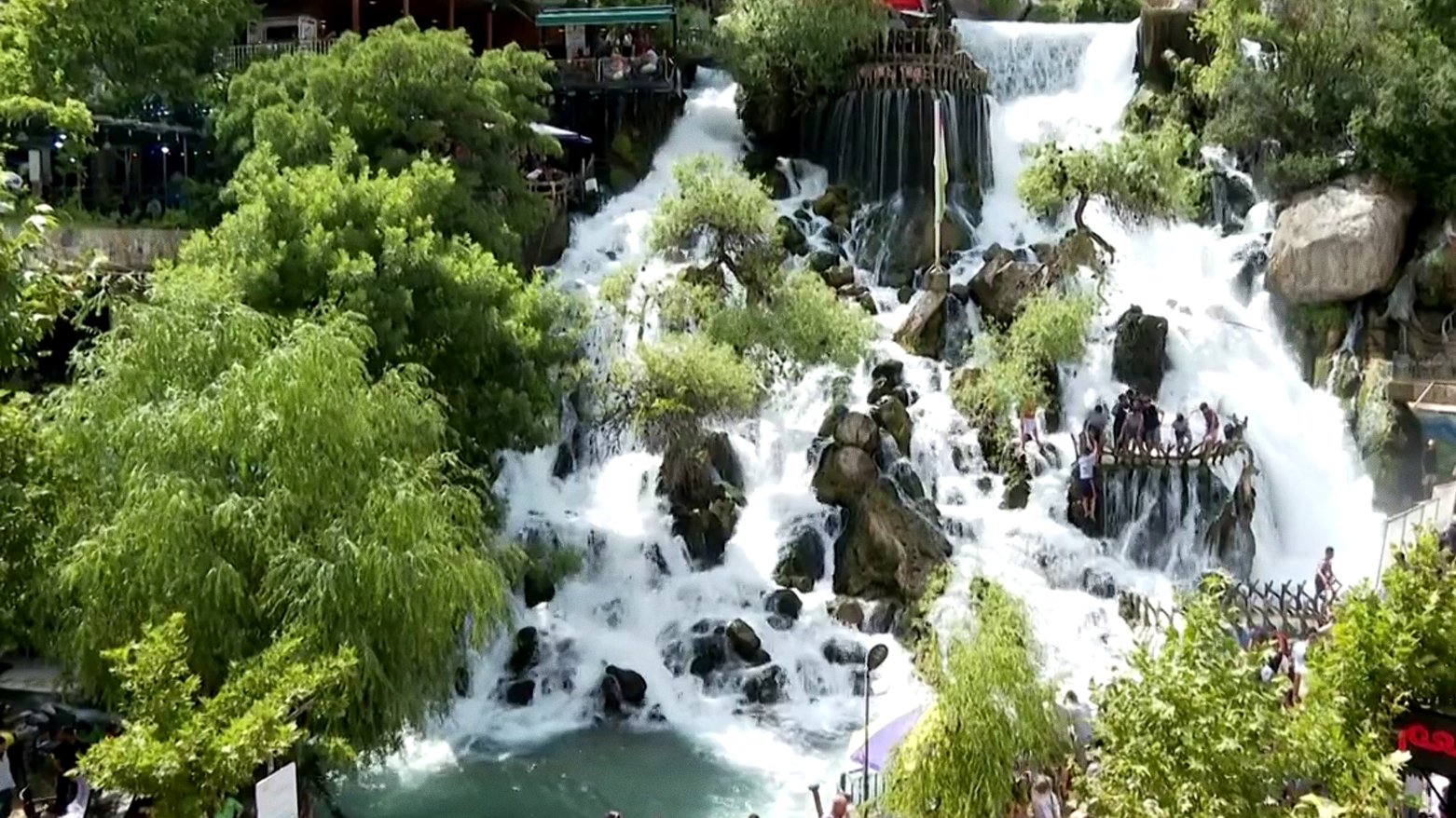Soran’s Tourism Boom Brings in $300M, Draws 1.5 Million Visitors
Set amid Kurdistan’s scenic landscapes, Soran offers over ten popular tourist spots, from snowy Balykayeti highlands to lush, year-round valleys and rivers.

By Kamaran Aziz
ERBIL (Kurdistan24) – The tourism sector in the Soran Autonomous Administration has become one of the Kurdistan Region’s most dynamic economic success stories, generating over $300 million in annual revenue and solidifying the area as a premier destination for visitors from across Iraq and beyond.
According to data released by the Soran Tourism Directorate, the region now draws nearly 1.5 million tourists each year, contributing not only to economic revitalization but also to sustainable job creation and private sector growth.
Nestled amid some of the most picturesque landscapes in the Kurdistan Region, the Soran area boasts more than ten well-developed tourist destinations and summer resorts. These range from highland retreats in the snow-draped Balykayeti area to lush valleys and rivers frequented by travelers year-round.
Local businesses have flourished around these hubs of natural beauty, as visitors spend money on lodging, dining, recreation, and artisanal goods—driving broad-based economic growth.
Aram Surchi, a tourism investor operating in Balykayeti—one of the coldest and most scenic regions in Kurdistan—credited the Kurdistan Regional Government (KRG) with creating a stable and supportive environment for tourism.
“The KRG has supported us in various ways, including by granting permits, providing national electricity, and ensuring security. Thanks to the government's support, the tourism sector in our region has developed remarkably,” Surchi told Kurdistan24.
This sentiment was echoed by Dr. Faisal Sadiq, Director General of Tourism in Soran, who emphasized the socioeconomic impact of the sector’s expansion. “Reviving the tourism sector has opened up employment opportunities for local youth. Additionally, it has boosted the economy and stimulated commercial activity,” he noted.
The KRG has strategically prioritized tourism development in Soran, recognizing its potential as a pillar of economic diversification. In a region traditionally reliant on agriculture and limited trade, tourism has emerged as a transformative force—reinvigorating markets, reducing unemployment, and enhancing infrastructure.
Government initiatives have focused on sustainable development, encouraging private sector involvement while safeguarding the natural and cultural heritage that draws visitors.
The influx of tourists has had a ripple effect across the local economy. From taxi drivers and hoteliers to street vendors and craftsmen, residents across the Soran region are benefiting from increased economic activity.
Local authorities have also noted the improvement in public services and urban planning as revenues from tourism are reinvested into the community.
As the Kurdistan Region continues to invest in hospitality, infrastructure, and environmental preservation, the Soran model offers a blueprint for balancing economic development with cultural and ecological stewardship.
With over $300 million in revenue and millions of visitors annually, Soran is not only a thriving tourism hub but a symbol of what strategic vision and local engagement can achieve in building a resilient and prosperous future.